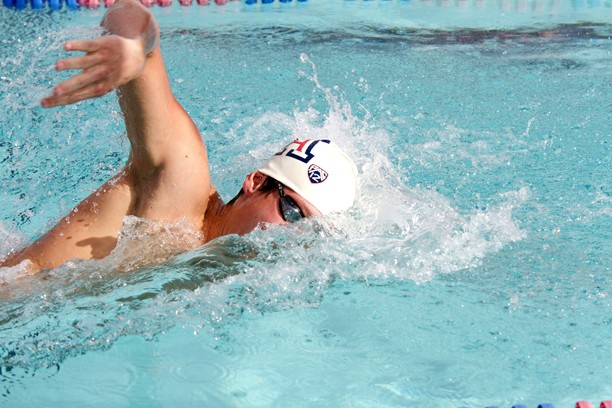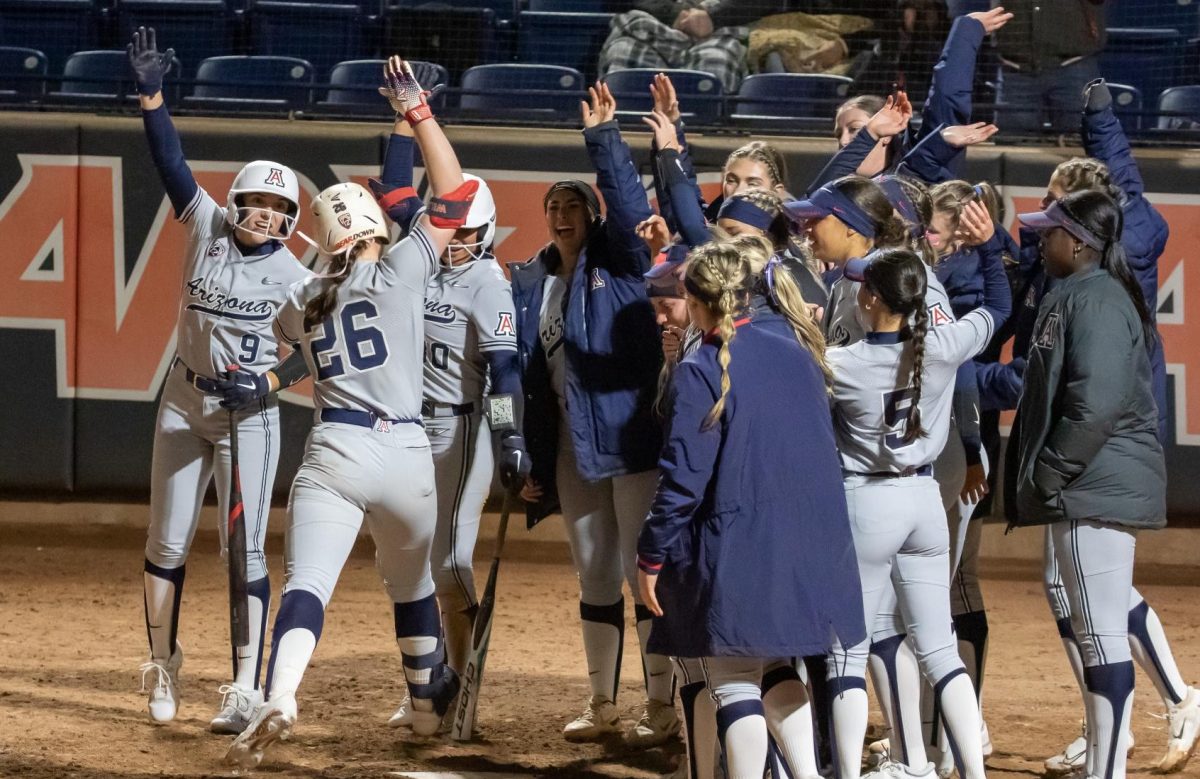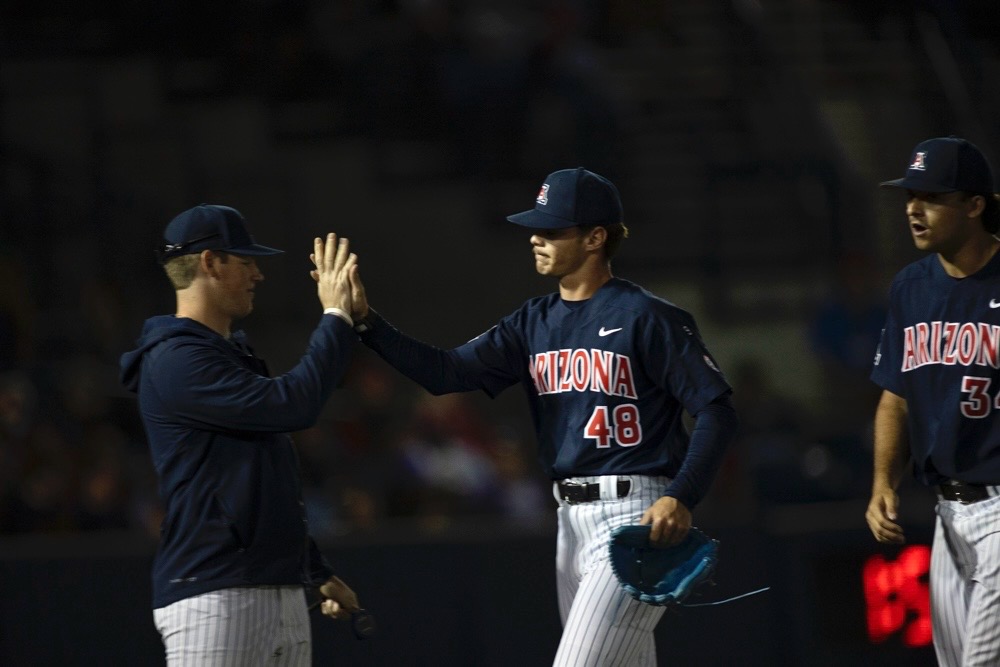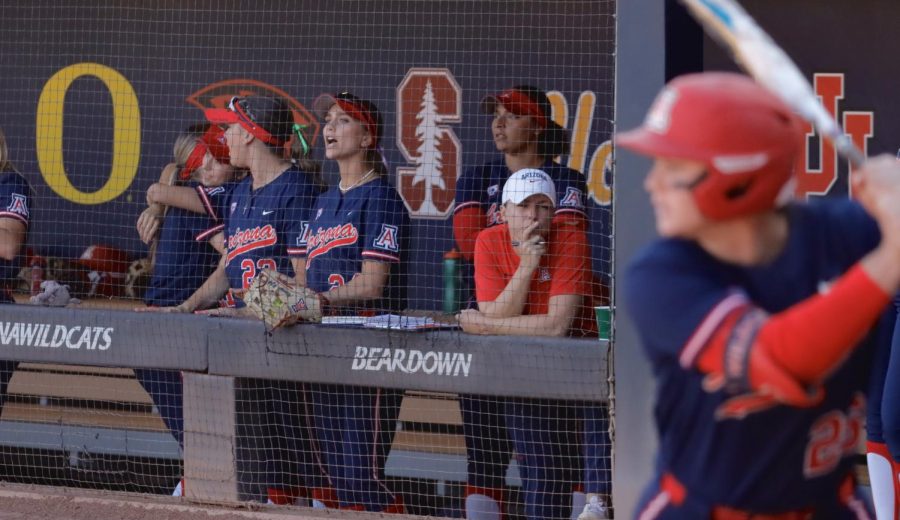When top-tier athletes from around the world compete at the 2016 Olympic Games, there are two things you will be able to count on: Many of these Olympians from around the world will go on to win medals for their home countries and many of those winners will have been trained by or played on NCAA teams in the United States.
The UA is no exception.
In 2008, 17 of 25 Olympians who competed for or trained at the UA were foreign-born students, some of whom were directly recruited by the university.
The influx of foreign-born athletes competing at NCAA institutions has stirred up controversy regarding the recruitment and amount of foreign student athletes on college teams.
Some argue that American high school student athletes are at a disadvantage when looking to be accepted by Division I teams because of international recruitment.
This is especially true because many of these foreign athletes begin professional training at a much younger age than their American counterparts, especially in such internationally competitive sports as tennis, track and swimming.
“While we don’t have a strict policy on recruiting foreign athletes we do recruit internationally for a number of our sports,” said Greg Byrne, director of Arizona Athletics. “I think it gives a great opportunity for our student athletes within our teams to have some different experiences when they are around different young men and women from other countries.”
Freshman swimmer Kelly Moodie wanted to be a Wildcat ever since his freshman year of high school while in Tokyo. Now, he is competing at the UA, one of the top swimming programs in the nation.
“To some extent I do see why colleges might want to limit their foreign athletes,” Moodie said. “In the end, collegiate programs produce most of America’s Olympians, so I see why some schools in the NCAA may have a cap on the amount of foreign athletes competing.”
Swimming has always been a sport that attracts foreign athletes due to its worldwide reputation for international competition. At the UA, of the 51 swimmers on the team, eight were born in countries outside of the United States, spanning the globe from Canada to South Africa and all the way to Israel and Slovenia.
“We have a great balance of American and international athletes,” associate coach Geoff Hanson said.
“At the same time, our job is to field the best team we can. We have a history of great international athletes here and we are going to use it to our advantage. When you bring the best in the world here to train with our American talent, it makes our talent better too.”
In 2008, Nimrod Shapira Bar-Or, now a senior swimmer for the Wildcats, became the first Israeli to qualify for semi-final competition in the Olympics. Even though he moved to the United States before high school and has dual Israeli-British citizenship, he said that his heart will always be with Israel when he competes.
“In some way, everywhere I compete, I feel like I also represent Israel,” Bar-Or said. “In the Olympics, I compete for Israel because I was born there and Israel is a part of me. But when I’m here in Arizona, I’m a Wildcat, and that is something that will stay with me even after I graduate.”
Arizona’s athletic department strives to compile winning team combinations for the best chance at achieving NCAA championships while also having to deal with the need to be fair to national athletes and their college recruitment.
“Obviously, our first preference is to recruit kids from Arizona,” Byrne explained. “From there we will go outside of our borders, sometimes within the country and other times internationally to pick up the best talent. Our goal is to compete for national championships in our sports and this is what gives us the best opportunity to do so.”
Despite any controversy that may surround the topic of foreign-born athletes playing in the NCAA, players and coaches alike agree that the experiences provided for the athletes, both foreign and domestic, are invaluable.
“I’ve seen what America has given me as a foreign athlete, and I am very thankful for what I have got,” Bar-Or said. “I am really appreciative of all of my experiences here and take nothing for granted. All I can say is thank you.”
Additionally, the recruitment of foreign athletes adds to the diversity of college life, which makes being in a university setting a unique experience.
“I think it’s all about having a balance and knowing that some sports will have a higher percentage of international student athletes than others,” Byrne said.
“However, I think it still goes back to the fact that the experiences of the members of the different teams who have foreign athletes on them give them a different perspective than they have had before and really enhances and broadens their horizons.”









